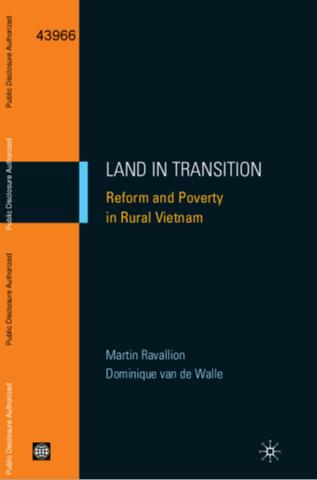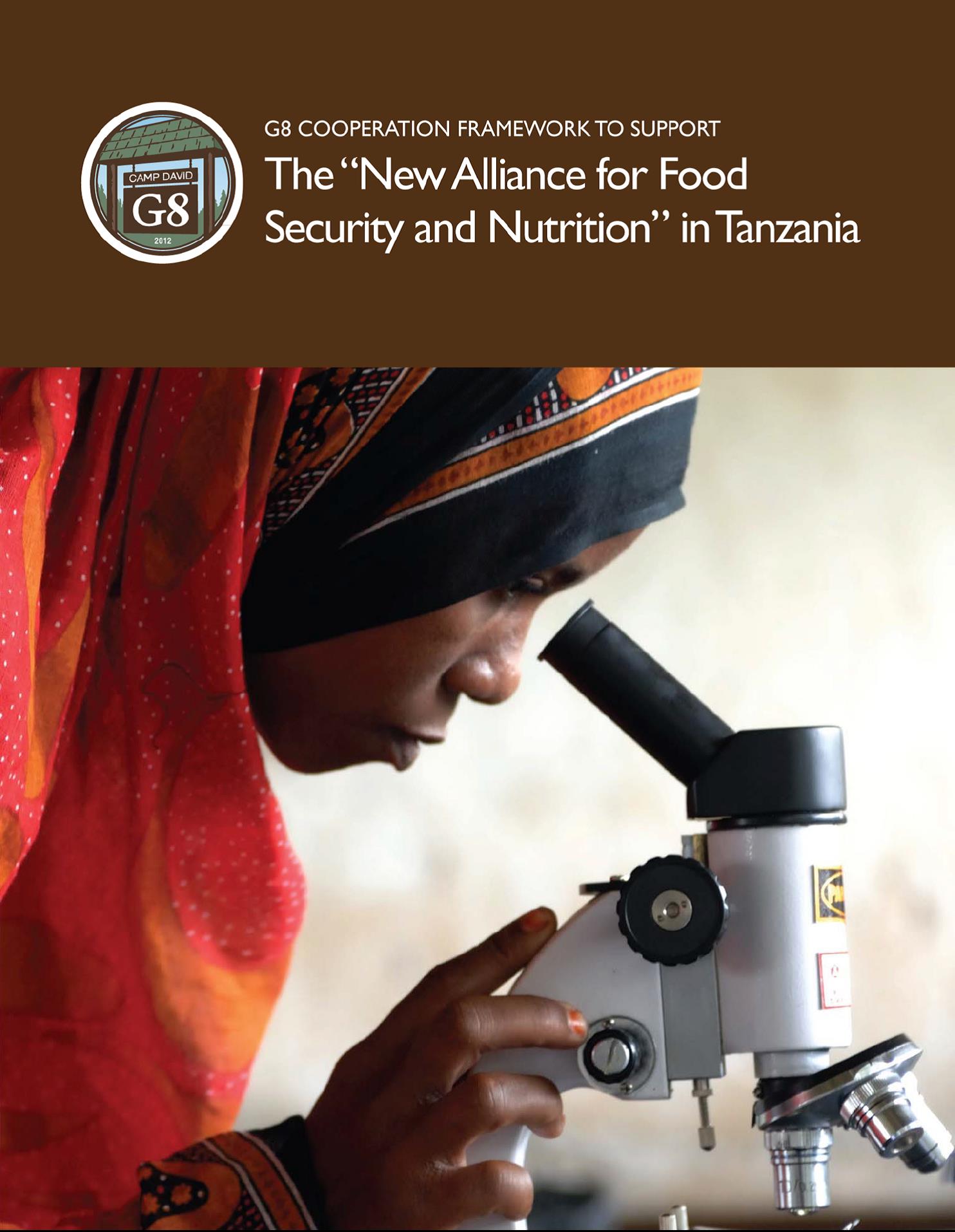Good, Bad, and Ugly Colonial Activities : Studying Development Across the Americas
Levels of economic development vary
widely within countries in the Americas. This paper argues
that part of this variation has its roots in the colonial
era. Colonizers engaged in different economic activities in
different regions of a country, depending on local
conditions. Some activities were "bad" in the
sense that they depended heavily on the exploitation of
labor and created extractive institutions, while



